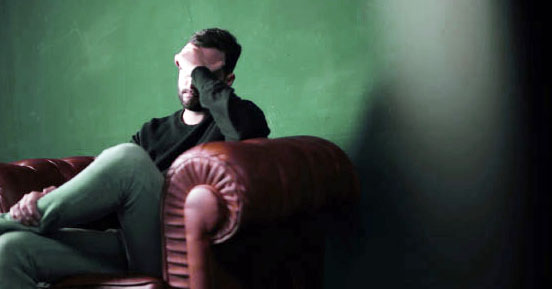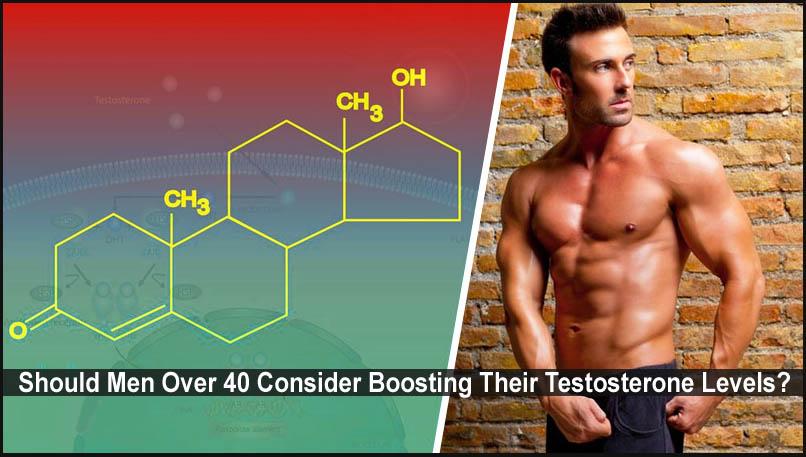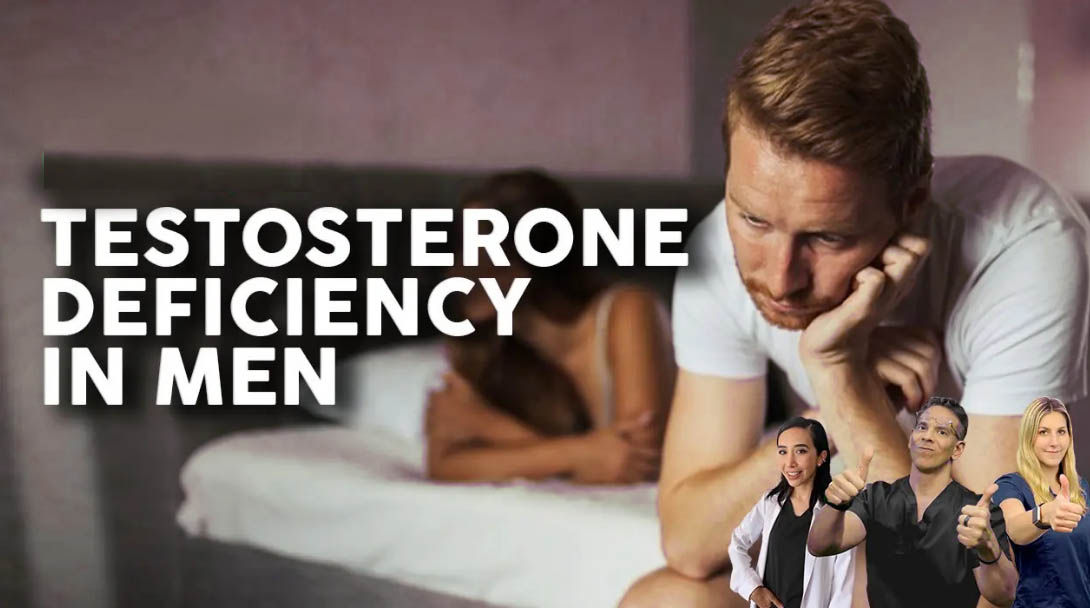MANY men may suffer undiagnosed depression due to the varied symptoms. Men are often less willing to seek treatment for depression than women. Understanding how male and female depression symptoms may differ is crucial.
It can assist in raising awareness of depression among individuals and their loved ones. Recognising depression is the initial step in the healing process.
Depression is an often-undetected mental condition that is prevalent among men. COVID-19 and the effects of lockdown may have worsened rates of male depression.
Financial losses have added to the problem. Statisticians are still assessing the effects on the job market. Some estimates say it could be as high as 1.5 million jobs lost.
Some depressive symptoms are more prevalent in men than women because of genetic, hormonal, physiological, or social causes.
Men with depression may exhibit the following alterations in behaviour:
Drinking more or taking drugs; Avoiding family or social encounters; Working beyond normal hours; Struggling to balance work and family duties; Partnerships becoming more domineering or abusive; engaging in risky conduct, such as gambling or dangerous sexual conduct; attempting suicide; a loss of interest in hobbies and passions; a loss in libido (men with depression may have a diminished desire for sexual activity); low mood; frustration, anger, aggression, or irritability.
Centres for Disease Control and Prevention says women are likelier to suffer depression. Even so, more men than women avoid reporting depression.
So, the numbers for men may be more significant. According to some estimates, two-thirds of depressed individuals still need a diagnosis.
A doctor may also misdiagnose depression in men. Men may be more prone to report physical problems. Men might also experience sleeping difficulties. As a result, the physician may provide an incorrect diagnosis.




